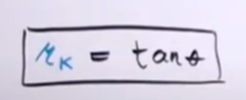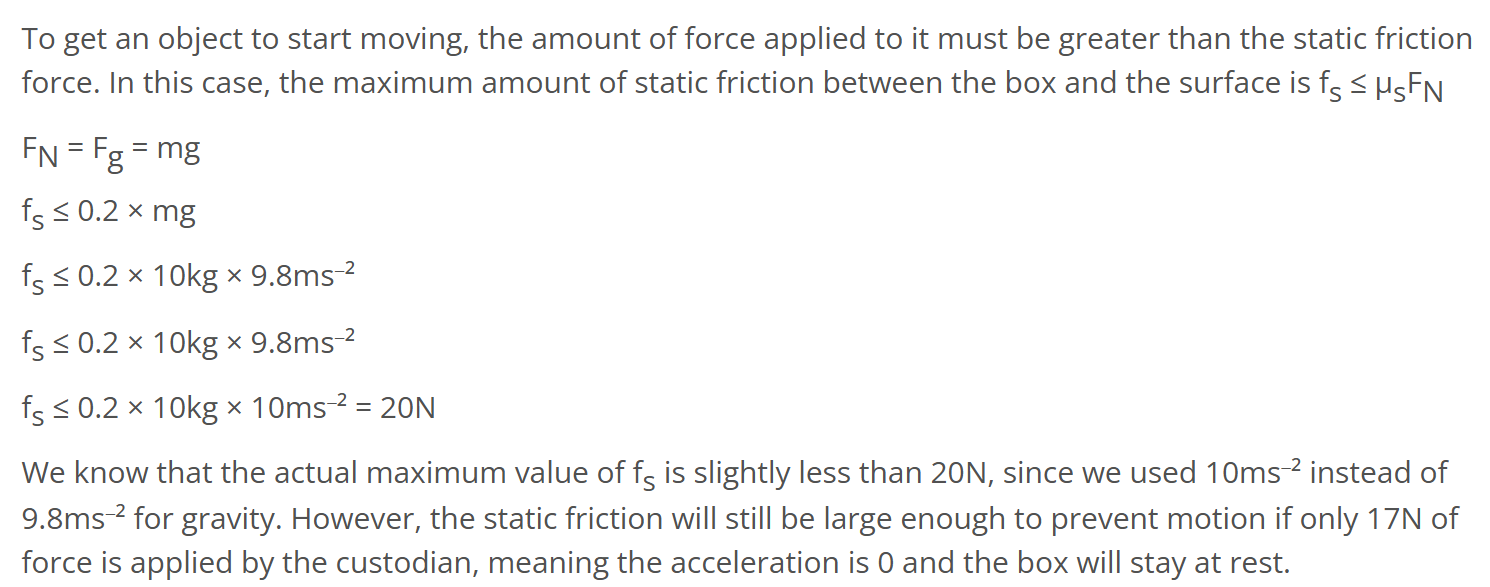Friction
1/6
There's no tags or description
Looks like no tags are added yet.
Name | Mastery | Learn | Test | Matching | Spaced |
|---|
No study sessions yet.
7 Terms
how to find coefficient of kinetic friction for incline plane questions?

coefficient of kinetic friction = tan (theta)
explain kinetic and static friction at atomic/microscopic level
for kinetic friction, the electrons of one surface are interacting with the protons of the other surface via electrostatic forces, plus the atoms are not settling in the divots
for static friction, there are still electrostatic interactions, but also the atoms of the moving object have settled into the divots of the surface, needing more force to get it moving
why is normal force involved in frictional force?
the harder the materials are pressed together, puts more of their surfaces in contact with each other

a) the maximum static friction affecting box 2 will be less than that affecting box 1
b) the maximum static friction affecting box 2 will be greater than that affecting box 1
c) the maximum static friction affecting box 1 will be equivalent to that affecting box 2
d) the maximum kinetic friction affecting box 1 will be equivalent to that affecting box 2
b) the maximum static friction affecting box 2 will be greater than that affecting box 1


a) 1.5 ms-2
b) 0 ms-2
c) 1 ms-2
d) 0.5 ms-2
b) 0 ms-2

why don’t we feel the gravitational force exerted from all objects?
other forces tend to be much larger in magnitude so gravitational forces usually don’t have much significance on a small scale
T or F, objects at rest are experiencing maximal static force of friction
false, you should not assume that objects that are statioinary are experiencing a maximal static force of friction